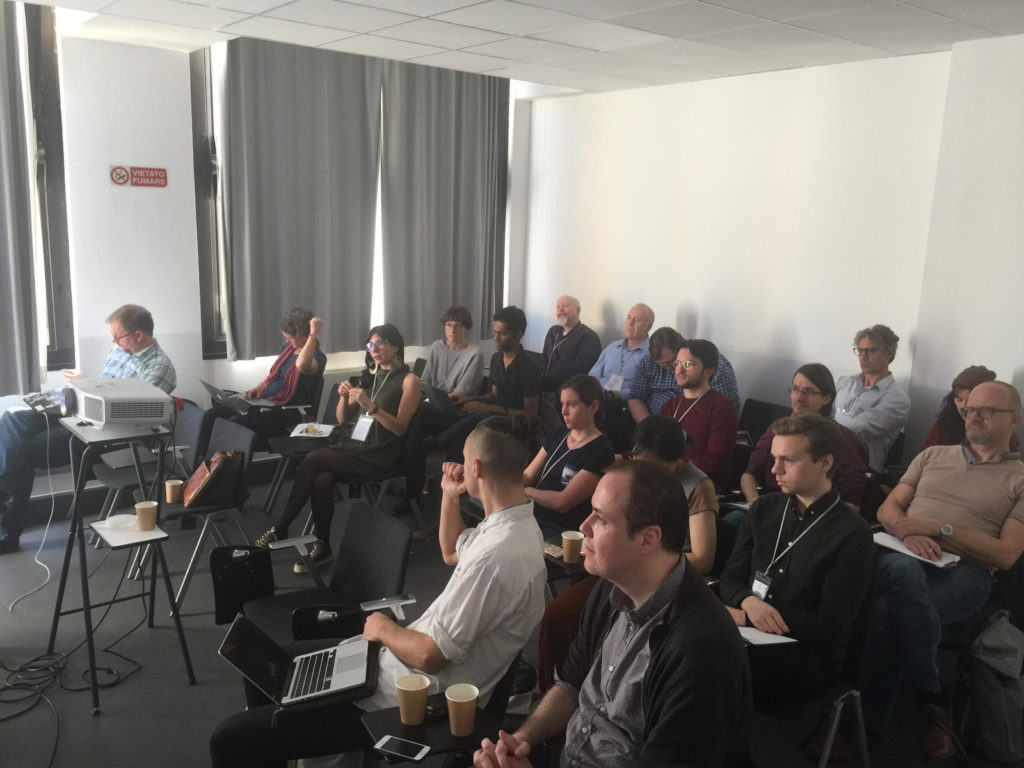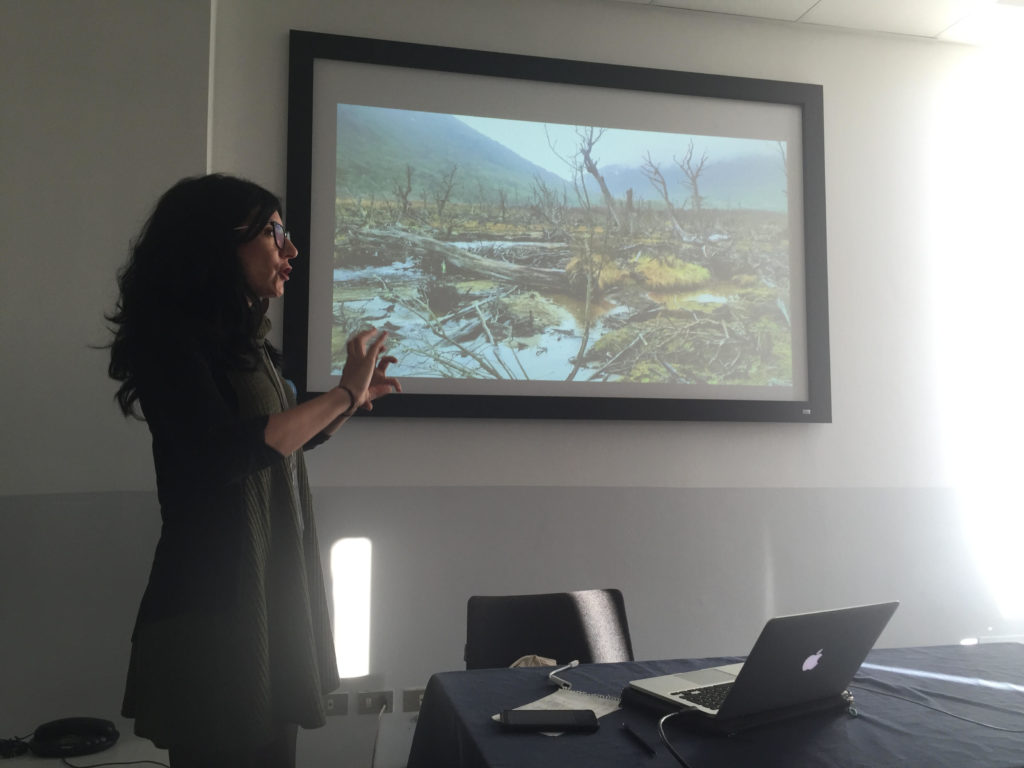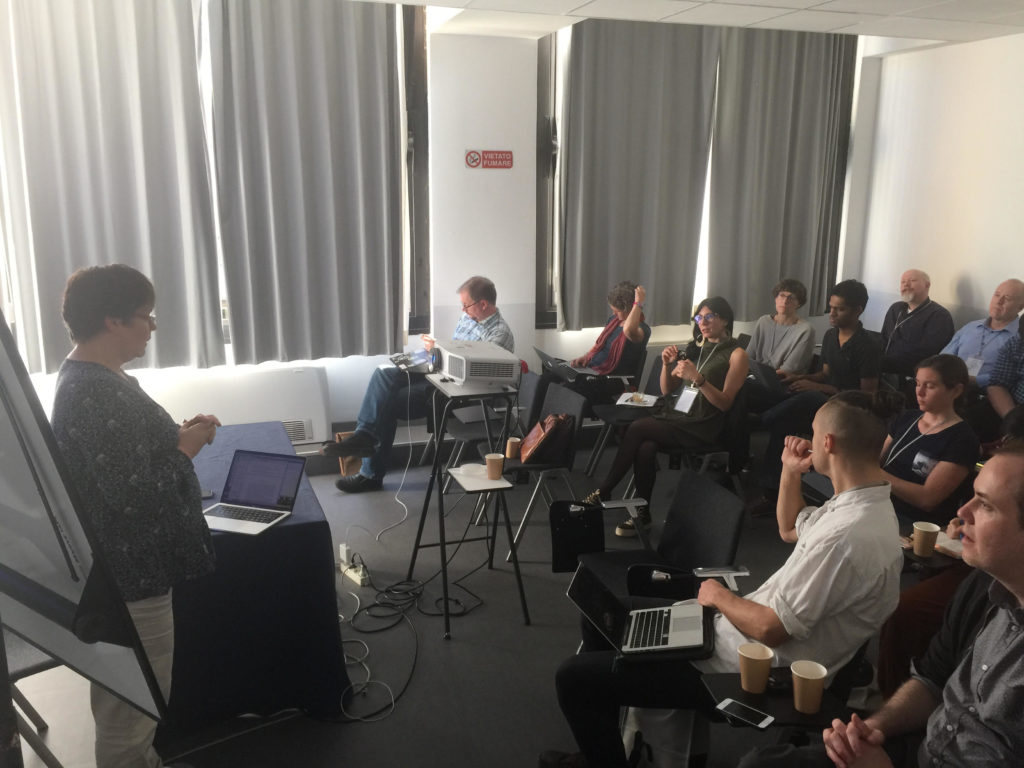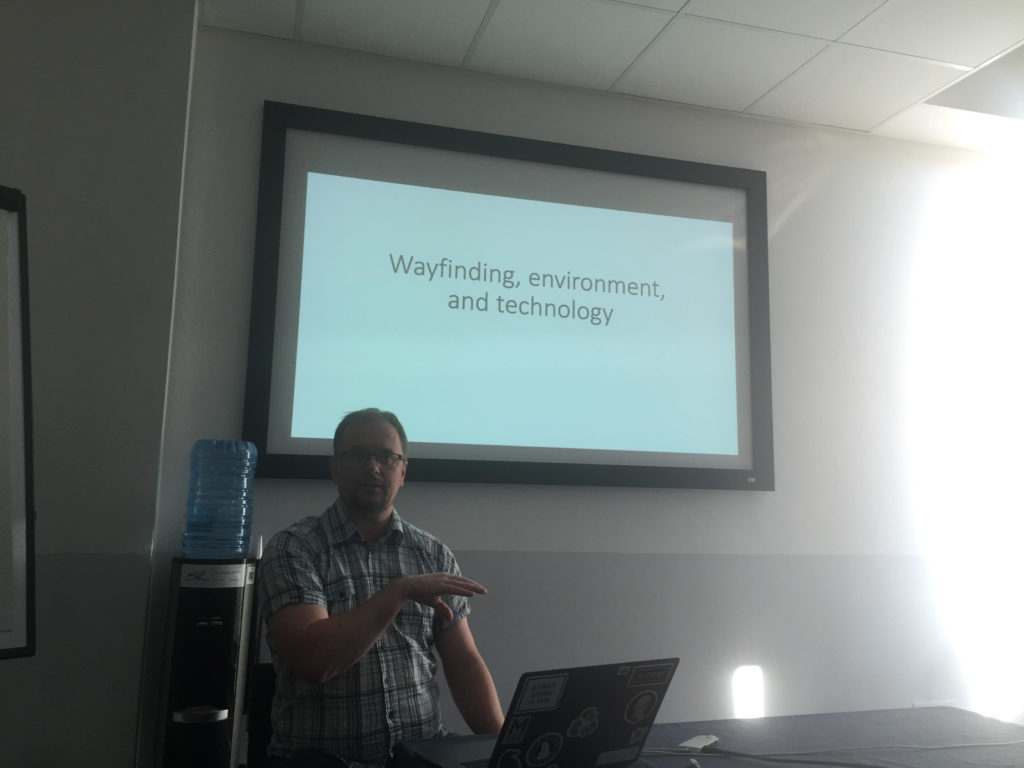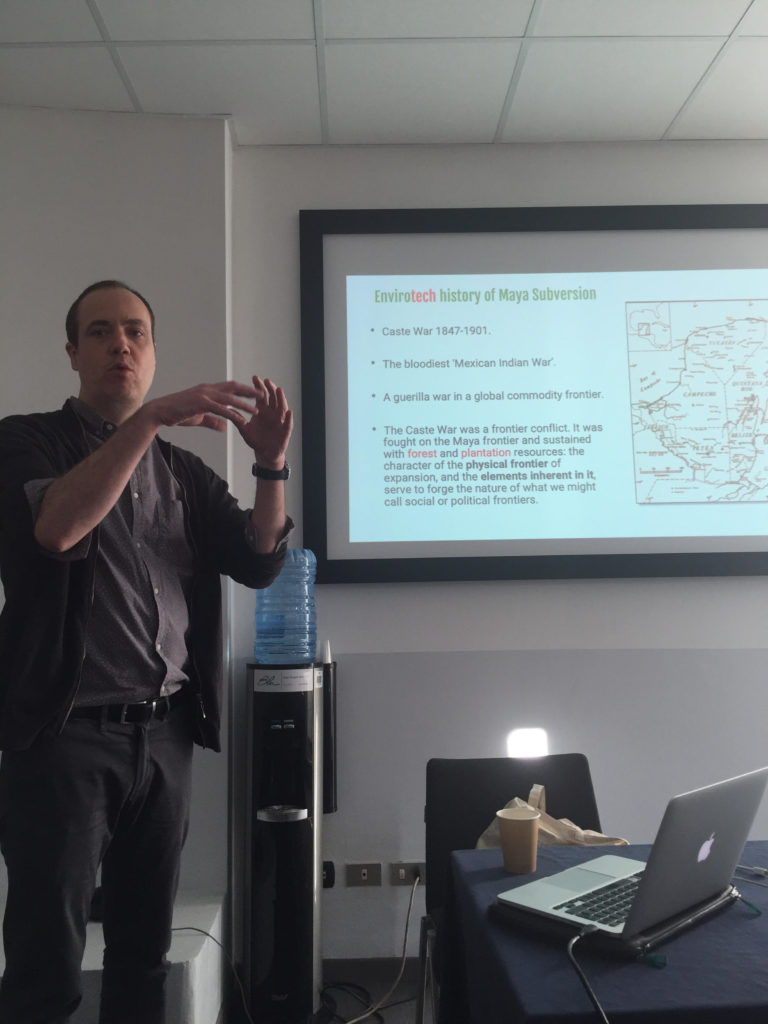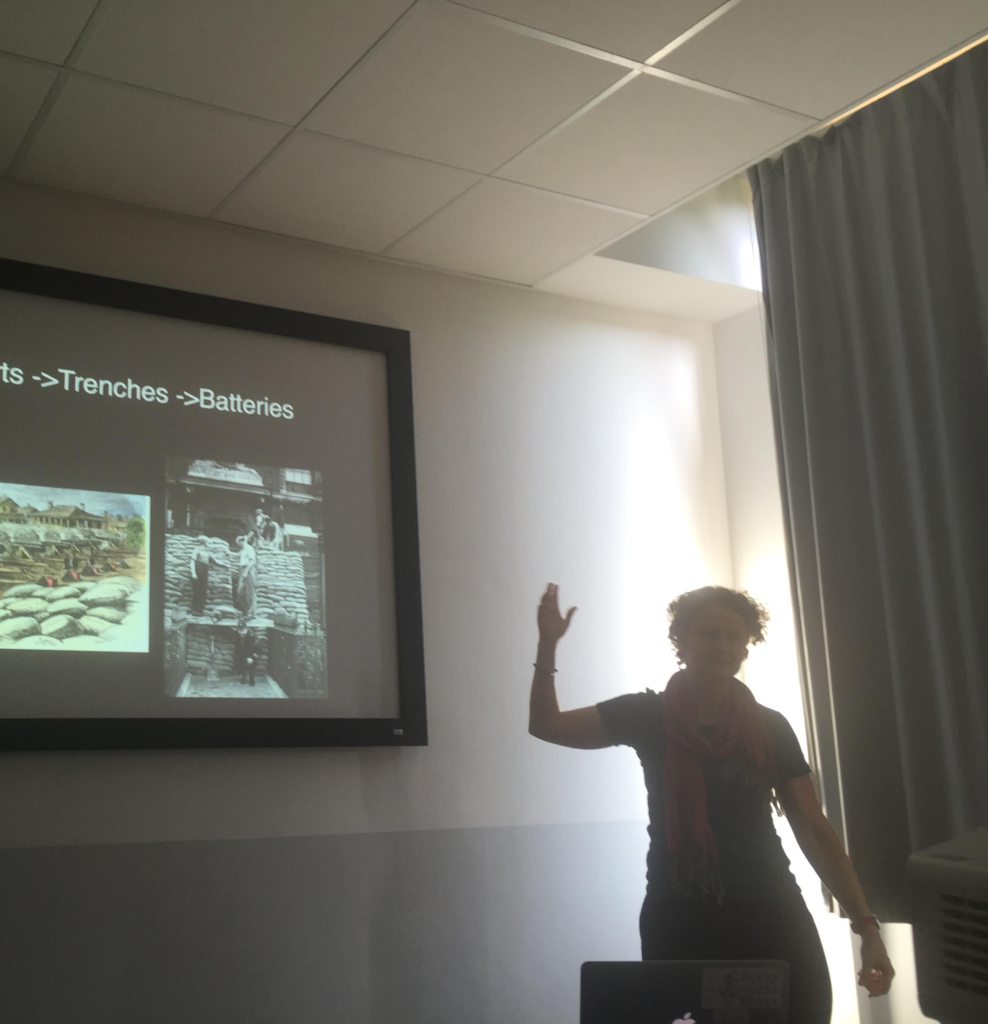Envirotech, a special interest group within the Society for the History of Technology and the American Society for Environmental History, invites nominations for the 2025 Joel A. Tarr Envirotech Article Prize. The Tarr Prize recognizes innovative publications that explore new ways of thinking about the interplay between technological systems and the natural environment.
To be eligible for this prize, the article must have been published in a journal or an article collection between January 1, 2023, and December 31, 2024. Early career scholars are especially encouraged to submit their publications. Articles may be submitted in any language; however, for articles not written in English, the applicant will need to provide a two-paragraph summary in English in addition to the original article.
The 2025 Joel A. Tarr Article Prize will be awarded at the 2025 ASEH meeting in Pittsburgh.
To apply, send your article and a brief curriculum vitae (a one-page PDF file) to committee chairperson Tom Zeller at tzeller@umd.edu. The deadline for nominations is January 15, 2025.
For more information and previous winners, see here.

